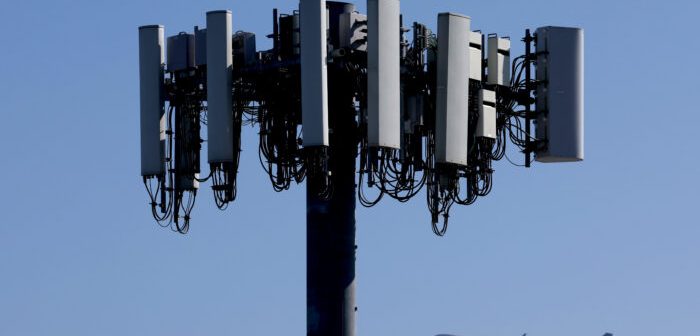Researchers have published a three-part, 150-page review of how wildlife could be suffering harms from the non-ionizing electromagnetic fields (EMF) produced by wireless infrastructure, raising questions about the environmental safety of wireless technology as 5G begins to blanket the United States.
“We’ve known for a while now, through a number of scientific studies, that cellular radiation is harmful to wildlife as well as people,” said epidemiologist Devra Davis.
Davis is founder of Environmental Health Trust, an organization that has drawn attention to the possible risks of 5G, wi-fi, and similar infrastructure for human health as well as wildlife.
Environmental Health Trust did not produce the new review, which included researchers from the University of Washington and Johns Hopkins University. A spokesperson for the organization told The Epoch Times via email that it drew attention to it in a recent filing with the FCC.
“We have more than enough research to trigger new regulatory action to protect wildlife. The FCC should have done a full review of the environmental impact of 5G network deployment before streamlining hundreds of thousands of 5G cell towers across the nation,” said the spokesperson.
State law enforcement and Google have been sparring over whether users were aware that they needed to disable both settings to keep Google from tracking their movements.
The tech company had sought an early summary judgment to get the case thrown out, arguing that its behavior did not violate Arizona consumer fraud laws.
Google claimed that the allegations were “based on inaccurate claims and outdated assertions.”
It had argued that its company disclosures about privacy settings had been clarified since the case was brought forward nearly two years ago, but the plea was denied and the tech giant will have to face trial, according Judge Thomason.
“We won a major victory against Google,” said AG Brnovich on Twitter.
“We appreciate the judge’s ruling, allowing our lawsuit against Google to move forward to trial. For too long the company has used deceptive practices to obtain users’ location data to help fund its lucrative advertising business.”
Arizona can now proceed with claims that Google may have engaged in alleged deceptive practices toward its phone customers and app users.
However, the judge rejected a third accusation that Google deceived users by keeping location data to help sell ads.
The Federal Court in Australia last April ruled in favor of the prosecution’s case that Google had similarly misled consumers, for which the penalties are yet to be determined.
Source: The Epochtimes

